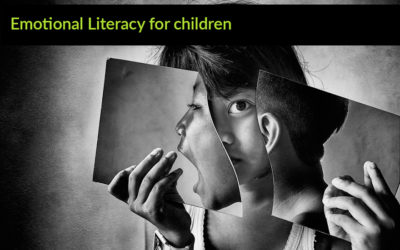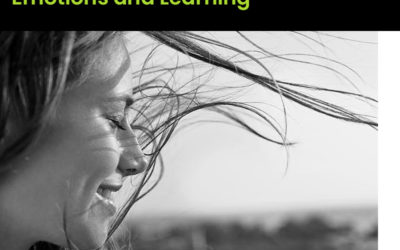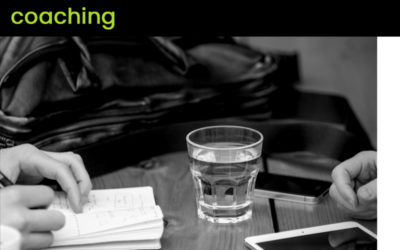I’ve always thought about awareness as something a bit mystical and difficult to pin down. It seemed like a good idea but I had put it into the “either you have it or you don’t” column. I’d come to think that either people “were” or “were not” aware. Very black and white. That all change in a workshop I just finished leading in Italy.
I learned there are two types of awareness: Global and Momentary. We become of our global awareness when react by saying “Oh, I knew that”. We are saying that we had forgotten or weren’t aware of it at that moment but we are familiar with it. Global awareness can be summed up as the length and breadth of all we have been exposed to or experienced. Momentary awareness is a subset of that and contains the things we can choose from in a given moment. Understanding it in this way means that general learning will expand our global awareness and give us more to choose from when we need to take action or make a decision. The more narrowly we focus our learning the smaller the “warehouse of ideas”.
To demonstrate how the two levels of awareness work I designed the following exercise:
- Show an image of a single tomato in the powerpoint. (You can show any object but we were in Italy, after all).
- For 3 or 4 minutes have participants write down all they are aware of about tomatoes as bullet points
- Have individuals count their total
- In groups of 3 have them to share their items one-by-one. Each person should add any to their list they had not written down initially.
- Have the group count their bullet points collectively and compare with their individual score
- Ask them what they learned about awareness from the exercise
The learning outcomes include:
- We are more aware collectively than individually
- Each individual’s global awareness is greater than their momentary awareness
- If we listen, we learn
- We need to respect what others see, even when we can’t see it if we want to benefit from their perspective
It turns out awareness is a choice, a skill, and a competency that we can grow. How lovely to have such a great tool available to each of us!
If you are interested in this topic and learning more about emotions consider joining the Coaching and Emotions online course I teach. For information go to Coaching and Emotions E-learning Course




0 Comments